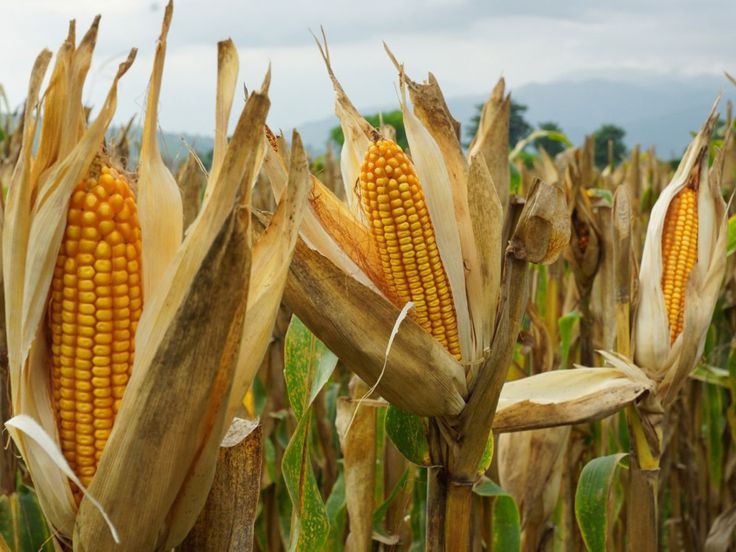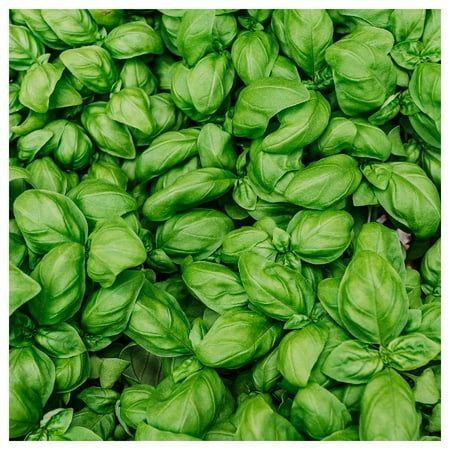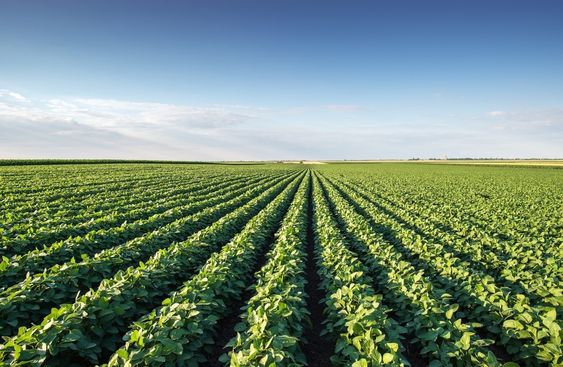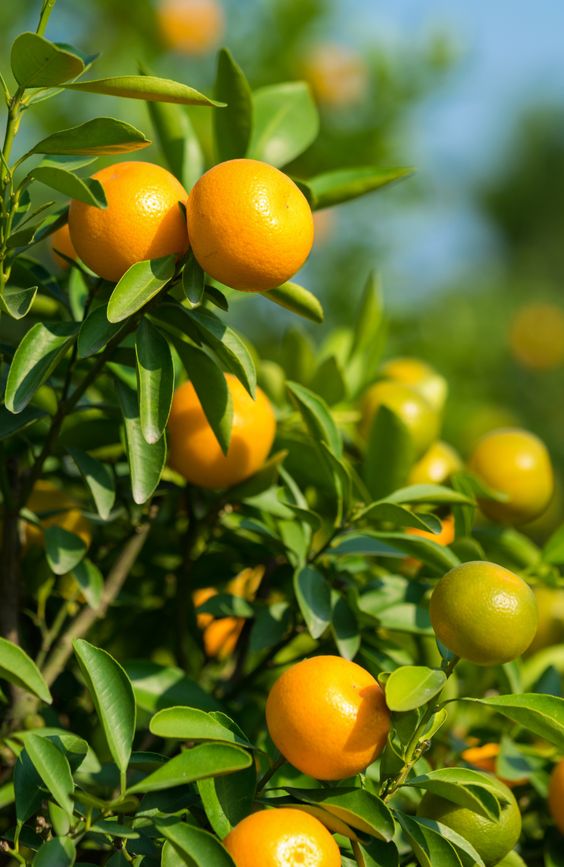Smart Corn Cultivation Practices: Optimizing Yields Through Technology
Corn Cultivation Practices, also known as maize, is a staple crop feeding billions worldwide. However, traditional cultivation methods face challenges like resource scarcity, climate change, and increasing pest and disease pressures. Smart agriculture emerges as a powerful solution, integrating technology and data-driven practices to optimize corn production. This article delves into the world of smart corn cultivation, exploring its benefits, objectives, key techniques, and their practical applications.
Contents
- 1 Benefits of Smart Agriculture in Corn Cultivation Practices
- 2 Objectives of Smart Corn Cultivation
- 3 Explanation of Key Smart Agriculture Techniques in Corn Cultivation
- 4 Uses and Advantages of Smart Agriculture Techniques
- 5 Exploring the Potential of Big Data and AI in Smart Corn Cultivation Practices
- 6 Challenges and Considerations for Smart Corn Cultivation Practices
- 7 The Future of Smart Corn Cultivation Practices
Benefits of Smart Agriculture in Corn Cultivation Practices
Corn Cultivation Practices,Smart agriculture offers a multitude of benefits for corn growers, including:
- Increased Yields: By precisely managing resources like water and fertilizer, smart techniques can maximize corn growth potential and boost yields.
- Improved Resource Efficiency: Sensors and data analysis enable targeted application of water, fertilizers, and pesticides, minimizing waste and environmental impact.
- Enhanced Crop Health: Real-time monitoring allows for early detection and treatment of pest infestations and diseases, protecting crop health.
- Reduced Labor Costs: Automation and data-driven decision-making can streamline operations, minimizing labor requirements and optimizing human effort.
- Improved Sustainability: Smart practices promote environmentally friendly practices, reducing water usage, soil degradation, and greenhouse gas emissions.
Objectives of Smart Corn Cultivation
Smart Corn Cultivation Practices aims to achieve several key objectives:
- Optimum Crop Growth: By ensuring ideal environmental conditions and providing resources on-demand, smart techniques promote corn growth and development.
- Maximized Resource Utilization: Precise monitoring and analysis allow for the targeted application of water, fertilizers, and other inputs, minimizing waste and environmental impact.
- Enhanced Farm Management: Real-time data empowers farmers to make informed decisions regarding planting, irrigation, fertilization, and pest control.
- Increased Profitability: By improving production efficiency and reducing resource costs, smart practices can lead to higher profitability for corn growers.
Explanation of Key Smart Agriculture Techniques in Corn Cultivation
Several key techniques form the backbone of smart Corn Cultivation Practices:
- Precision Agriculture: This involves using GPS technology and geospatial data to create detailed field maps that identify variations in soil fertility, drainage, and topography. This allows for targeted application of resources, optimizing fertilizer and water use for different areas of the field.
- Internet of Things (IoT): Sensors deployed across the field collect real-time data on soil moisture, temperature, humidity, and plant health. This data is transmitted wirelessly to a central platform, providing farmers with crucial insights into the needs of their crops.
- Variable Rate Technology (VRT): Based on data collected through precision agriculture and IoT sensors, VRT allows for the application of fertilizers, pesticides, and irrigation water at precise rates depending on specific needs within different areas of the field. This eliminates over-application and ensures optimal resource utilization.
- Big Data Analytics: Powerful software analyzes vast amounts of data collected from sensors, historical records, and weather forecasts. This comprehensive analysis allows for predictive modeling and informed decision-making regarding crop management strategies.
- Automation and Robotics: Automation plays a growing role in smart corn cultivation. From self-driving tractors for planting and harvesting to robotic weeders and sprayers, these technologies improve efficiency, reduce labor costs, and allow for more precise operations.
- Unmanned Aerial Vehicles (UAVs): Drones equipped with multispectral cameras can be deployed to monitor crop health, identify pest infestations, and assess crop growth and yield potential.
Uses and Advantages of Smart Agriculture Techniques
Corn Cultivation Practices,Here’s a deeper look at some specific smart agriculture techniques and their advantages:
- Soil Moisture Sensors: These sensors measure real-time soil moisture levels. This allows for precise irrigation scheduling, avoiding overwatering and underwatering, which can stress plants and reduce yields.
- Weather Monitoring Systems: Weather stations and real-time weather data feeds provide crucial information for irrigation planning, pest control strategies, and scheduling field operations based on forecasts.
- Yield Monitors: Mounted on harvesters, these tools record corn yield data across the field. This data, when combined with precision agriculture maps, helps identify areas with low yields and potential causes for improvement.
Exploring the Potential of Big Data and AI in Smart Corn Cultivation Practices
Corn Cultivation Practices,Big data analytics and artificial intelligence (AI) are emerging as powerful tools within the smart agriculture landscape. Big data refers to the vast amount of information collected through sensors, drones, yield monitors, and other sources. AI algorithms can analyze this data to identify patterns, predict trends, and make recommendations for optimizing corn production. Here are some potential applications:
- Predictive Maintenance: AI can analyze sensor data from farm equipment to predict potential failures before they occur. This allows for preventative maintenance, minimizing downtime and ensuring smooth operations.
- Disease and Pest Control: AI algorithms can analyze historical data on weather patterns, crop health, and pest outbreaks to predict the likelihood of specific diseases and pest infestations. This allows for proactive pest control strategies and minimizes crop damage.
- Weed Identification and Control: Cameras mounted on drones can capture high-resolution images of fields. AI algorithms can analyze these images to identify weeds and differentiate them from corn plants. This enables targeted weed control, minimizing herbicide application and protecting beneficial insects.
- Yield Prediction: AI models can be trained on historical data to predict potential corn yields with greater accuracy. This information can be used to plan harvest logistics, secure storage facilities, and negotiate better prices with buyers.
Challenges and Considerations for Smart Corn Cultivation Practices
Despite the numerous advantages, smart agriculture in corn cultivation faces some challenges:
- Initial Investment Costs: Implementing smart agriculture technologies requires upfront investments in sensors, software, and potentially new equipment. However, the long-term benefits in terms of efficiency and yield improvements often outweigh the initial costs.
- Data Security and Privacy: As the amount of data collected through smart agriculture techniques grows, concerns regarding data security and privacy become paramount. Implementing robust cybersecurity measures is crucial to protect sensitive information.
- Digital Divide: Access to technology and high-speed internet connectivity varies greatly across rural areas. Bridging the digital divide is essential to ensure that all farmers can benefit from smart agriculture advancements.
- Technical Expertise: Integrating and utilizing complex technologies requires some technical knowledge. Training programs and support services can help farmers overcome this barrier and confidently use smart agriculture tools.
The Future of Smart Corn Cultivation Practices
Smart agriculture holds immense potential for the future of corn cultivation. As technologies continue to evolve and become more affordable, we can expect to see even wider adoption of these practices. Here are some potential future trends:
- Integration of Blockchain Technology: Blockchain technology can ensure secure and transparent data sharing within the agricultural supply chain, fostering trust and collaboration among stakeholders.
- Development of Advanced Sensors: Sensors capable of measuring a wider range of parameters, such as plant stress levels and nutrient deficiencies, will provide even deeper insights into crop health and needs.
- Rise of Autonomous Farming Systems: Fully autonomous farming systems, utilizing self-driving tractors, robotic weeders, and AI-powered decision-making, could revolutionize corn production in the future.
Corn Cultivation Practices,Smart agriculture offers a transformative approach to corn cultivation, promoting efficiency, sustainability, and profitability. By embracing data-driven decision making and leveraging cutting-edge technologies, farmers can ensure the future of corn production and meet the growing demand for this essential crop. As we move forward, continuous innovation, collaboration, and addressing the existing challenges will be crucial to unlocking the full potential of smart Corn Cultivation Practices for a more sustainable and food-secure future.




